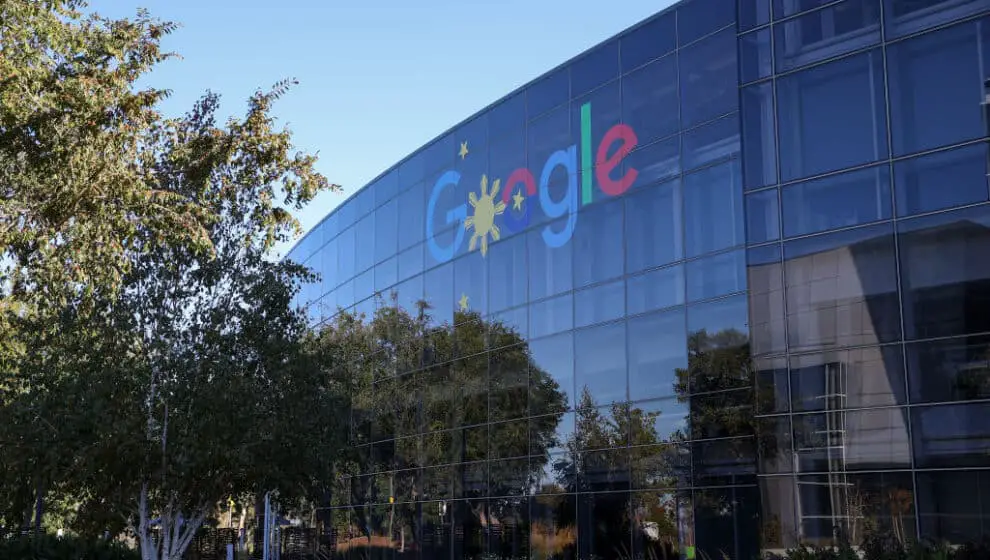Google’s parent company Alphabet is investing $1 billion in healthcare acquisitions as the healthcare sector heats up.
Key Details
- Alphabet’s life sciences unit, Verily, announced that it has raised $1 billion in new investments to compete with others as the health market is skyrocketing.
- The money will be used to support the company’s efforts in data platforms, research, and technology that aims to make healthcare more individualized, according to Verily. The company will also consider further investments and potential future acquisitions.
- Along with the healthcare initiatives, the company also announced that two executives would be leaving their positions. Founder and long-serving Chief Executive Officer Andy Conrad will become executive chairman, and Verily’s current president, Stephen Gillett, will step into the CEO role in January. Verily said the new roles are part of succession planning as the company becomes more operationally and commercially focused
Why it’s important
There have been many startups, investments, and acquisitions in the healthcare sector recently.
The $1-billion investment prepares Verily to better compete as deal-making in the health-tech arena accelerates, says Wedbush Securities analyst Daniel Ives.
This summer, Amazon began aiming to expand its position in the healthcare market. The mega company acquired the One Medical chain of clinics in an all-cash deal valued at $3.49 billion.
“We believe this will allow us to further deliver better health, better care, better value, within a better team environment through our technology-powered, human-centered model,” said One Medical, after announcing the acquisition.
Amazon is also in the works to purchase other companies, and had previously entered a bidding war for Signify Health, a Dallas-based company, but ultimately lost the war to CVS Health Corp.
CVS and Signify reached an agreement in which CVS Health will acquire Signify Health for $30.50 per share in cash, representing a total transaction value of approximately $8 billion, according to Signify.
“It’s an arms race with Amazon, Apple, Microsoft and other tech stalwarts building out their strategic partnerships and muscles within the health-care vertical,” said Ives. “I view the billion dollars of capital as dry powder just to do more M&A and really go more into investment mode at a time where it’s a pivotal 12 to 18 months ahead.”
This big $1-billion push could be exactly what Verily needs to stay on top of the healthcare game.
